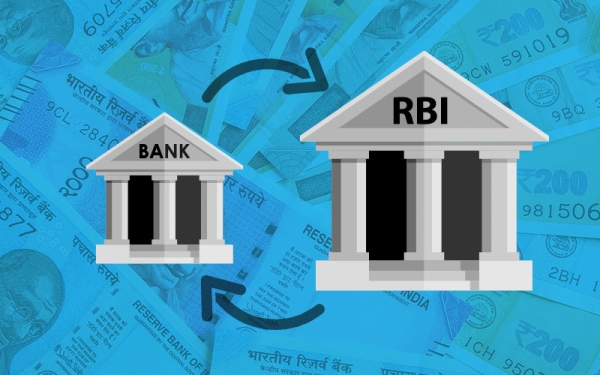The RBI’s Monetary Policy Committee on Friday unanimously decided to raise the repo rate by 50 basis points (bps) to 5.4 per cent with immediate effect while focussing on the withdrawal of accommodation. It has also retained the inflation and GDP forecasts for the current financial year 2022-23 at 6.7 per cent and 7.2 per cent, respectively.
The key repo rate has increased by 50 basis points, which is the third hike in a row after 40 bps hike in an off-cycle monetary policy review in May and 50 bps in June. The repo rate has now crossed the pre-pandemic level of 5.15 per cent and is the highest since August 2019.
The bank rate, standing deposit facility (SDF) and marginal standing facility (MSF) has also increased by 50 bps each to 5.65 per cent, 5.15 per cent and 5.65 per cent, respectively.
Meanwhile Srikanth Subramanian, CEO-Designate of Kotak Cherry, said, “The RBI rate hike of 50 basis points is in line with our expectations. With Friday’s rate hike we are back to pre-pandemic levels of 5.40 per cent. It was imperative for the RBI to hike rates. It has a clear focus on getting inflation down to its ceiling of 6 per cent.’
Inflation Forecast Retained
The Reserve Bank of India on Friday retained its inflation forecast at 6.7 per cent for the current financial year 2022-23. On the assumption of a normal monsoon in 2022 and average crude oil price (Indian basket) of $105 per barrel, “the inflation projection is retained at 6.7 per cent in 2022-23, with Q2 at 7.1 per cent; Q3 at 6.4 per cent; and Q4 at 5.8 per cent, and risks evenly balanced. CPI inflation for Q1:2023-24 is projected at 5.0 per cent,” according to the monetary policy statement.
GDP forecast retained
The RBI has also retained its GDP outlook for FY23 at 7.2 per cent. According to the RBI, “The real GDP growth projection for 2022-23 is retained at 7.2 per cent. With Q1 at 16.2 per cent; Q2 at 6.2 per cent; Q3 at 4.1 per cent; and Q4 at 4.0 per cent, and risks broadly balanced. Real GDP growth for Q1:2023-24 is projected at 6.7 per cent.”
The demand for contact-intensive services and the improvement in business and consumer sentiment should bolster discretionary spending and urban consumption. Investment activity is expected to get support from the government’s capex push, improving bank credit and rising capacity utilisation.”
He, however, said elevated risks emanating from protracted geopolitical tensions. The upsurge in global financial market volatility. Subsequently tightening global financial conditions continue to weigh heavily on the outlook.











More Stories
Box Office Collection: वीकेंड खत्म होते ही ‘भूल चूक माफ’ की कमाई में भारी गिरावट, जानें बाकी फिल्मों का भी हाल
Kangana Ranaut hails Clint Eastwood for working at 95, calls him ‘yogi’: ‘People like him make artists look so good’
Ishaan Khatter makes fans scream as he pulls off butter smooth dance moves at Miss World 2025: Watch